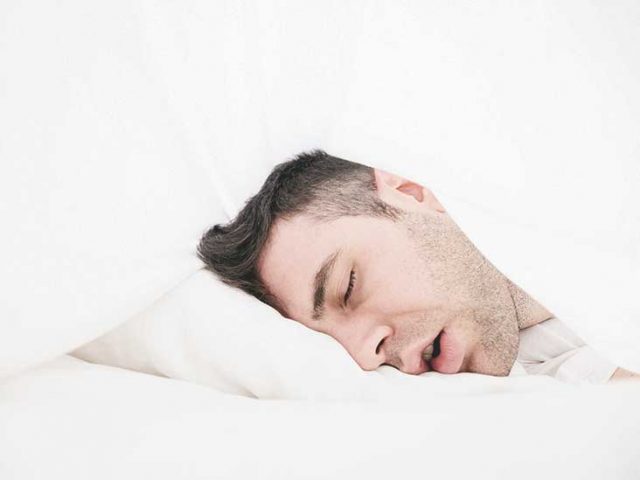In a world that never sleeps, sleep deprivation has become an alarming concern. Many people sacrifice their precious hours of slumber for work, entertainment, or even endless scrolling through their smartphones. While it may seem like a minor inconvenience, the consequences of sleep deprivation can be far more serious than you might think. This article delves into the profound and often overlooked dangers of sleep deprivation, shedding light on the silent epidemic affecting millions of lives.
The Sleep Deprivation Epidemic
Sleep is a fundamental human need, as crucial as air, water, and food. However, modern lifestyles, work pressures, and the relentless march of technology have led to a disturbing trend: chronic sleep deprivation. According to the Centers for Disease Control and Prevention (CDC), more than a third of American adults do not get the recommended 7-9 hours of sleep per night. This statistic is not limited to the United States; it is a global phenomenon.
The Health Impact
1. Cognitive Impairment
Lack of sleep can have an immediate and profound impact on cognitive function. Attention, memory, and decision-making abilities suffer when we don’t get enough rest. This leads to decreased productivity, impaired learning, and an increased likelihood of accidents, both on the road and in the workplace.
2. Mental Health Disorders
Sleep deprivation is intricately linked to mental health. It increases the risk of developing mood disorders like depression and anxiety. Chronic sleeplessness can exacerbate the symptoms of existing mental health conditions, making them more challenging to manage.
3. Physical Health Consequences
The toll on physical health is equally alarming. Sleep deprivation has been associated with a heightened risk of obesity, heart disease, diabetes, and even certain types of cancer. This is due to disruptions in hormonal balance, particularly those that regulate appetite and metabolism.
The Social Ramifications
The effects of sleep deprivation extend beyond individual health. They reverberate through society, affecting relationships, work performance, and overall well-being.
1. Impaired Relationships
Lack of sleep can lead to irritability and mood swings, straining relationships with family, friends, and colleagues. Chronic sleep deprivation can even contribute to divorce and the breakdown of social connections.
2. Reduced Work Productivity
Sleep-deprived individuals are less efficient and creative at work. They are prone to making mistakes and are often absent due to illness caused or exacerbated by inadequate sleep. This costs companies billions of dollars in lost productivity each year.
The Sleep Deprivation Cycle
Breaking the cycle of sleep deprivation can be challenging. Many people turn to stimulants like caffeine to stay awake during the day and sleep aids to fall asleep at night. This reliance can create a vicious cycle of dependence, further aggravating the problem.

How to Combat Sleep Deprivation
Recognizing the dangers of sleep deprivation is the first step toward change. Here are some strategies to help combat this silent epidemic:
1. Prioritize Sleep
Make sleep a priority in your daily routine. Set a consistent bedtime and wake-up time, even on weekends. Create a relaxing bedtime routine to signal your body that it’s time to sleep.
2. Create a Sleep-Conducive Environment
Ensure your sleep environment is comfortable and conducive to rest. Keep your bedroom cool, dark, and quiet. Invest in a comfortable mattress and pillows.
3. Limit Screen Time
The blue light emitted by screens can interfere with your body’s natural sleep-wake cycle. Avoid screens at least an hour before bedtime to improve your sleep quality.
4. Manage Stress
Stress and anxiety can keep you awake at night. Practice relaxation techniques such as deep breathing, meditation, or yoga to reduce stress and promote better sleep.
5. Seek Professional Help
If sleep problems persist despite your efforts, consult a healthcare professional or a sleep specialist. They can identify underlying issues and recommend appropriate treatments.
Conclusion
The dangers of sleep deprivation are not to be underestimated. It affects not only our health but also our relationships and productivity. In a fast-paced world where time is a precious commodity, prioritizing sleep may seem like a luxury, but it is an investment in your well-being. Remember, a good night’s sleep is not a luxury; it’s a necessity. Are you looking for powerful pills for insomnia? Come and check their page for further info.




